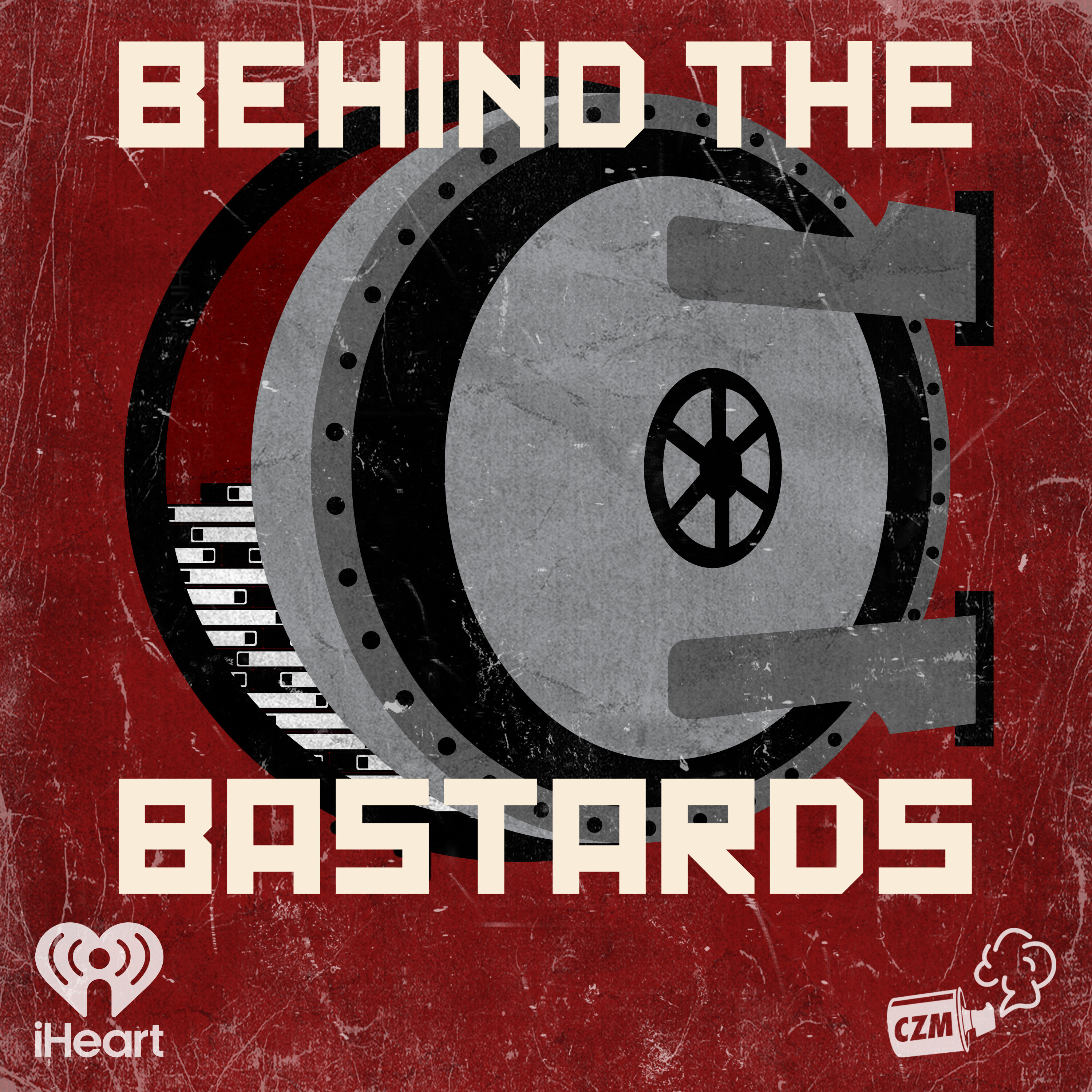
Key Insights
Why is cloning considered problematic in pop culture?
It often leads to madness and ethical dilemmas, as seen in Spider-Man comics.
Why might someone clone themselves rather than their pet?
For efficiency, to handle tasks they dislike, not out of emotional attachment.
Why is Kratom popular despite being a drug?
It provides pain relief and energy without shutting down lungs like opiates.
Why might a future with cloning lead to dystopian scenarios?
It could result in isolated city-states run by the rich and wellness influencers promoting self-clone hunting.
Chapters
Peter Thiel's early life and experiences at Stanford are examined, highlighting his complex relationship with higher education and his evolving political views.
- Thiel's frustration with higher education stems from his failed ambitions as a lawyer.
- His homosexuality and status as an outsider influenced his political and business thinking.
- Thiel's crafted image of being an outsider is seen as a way to appeal to actual outsiders.
Shownotes Transcript
We discuss Peter Thiel's rise to PayPal CEO, his betrayal of Elon Musk, and the birth of the technology that became Palantir.
See omnystudio.com/listener) for privacy information.
